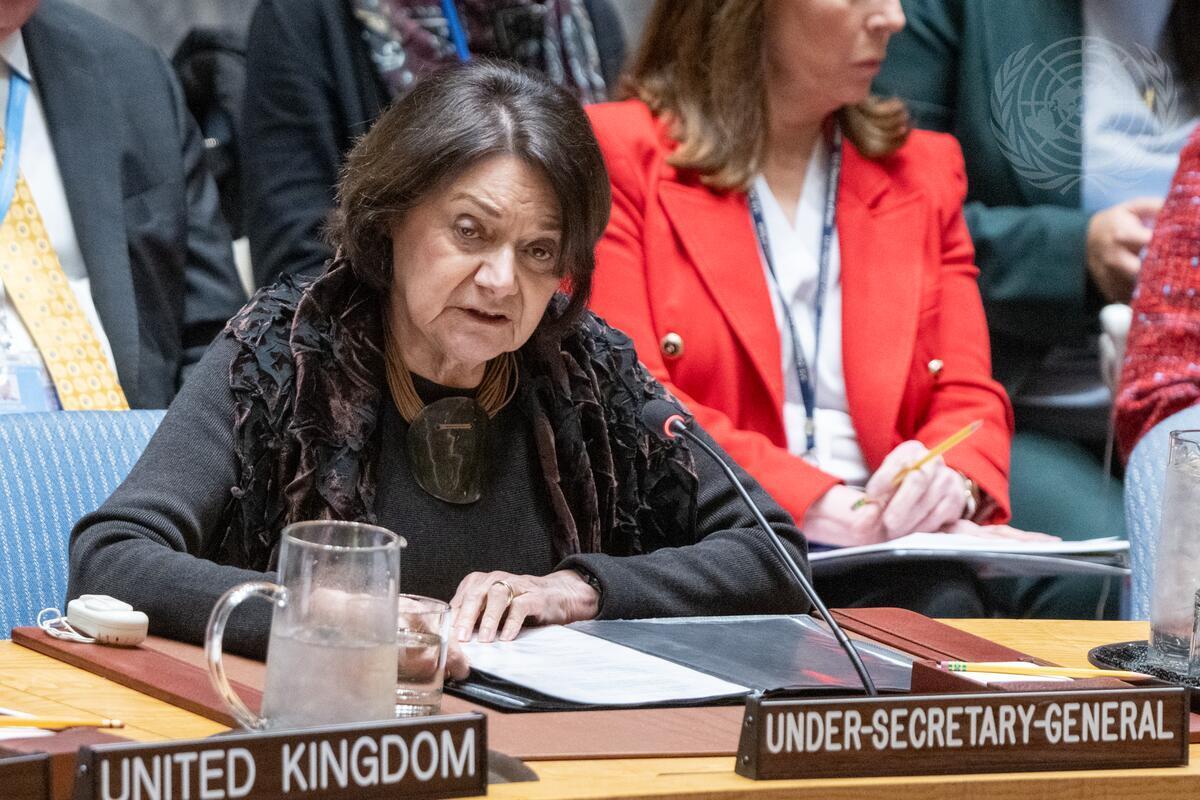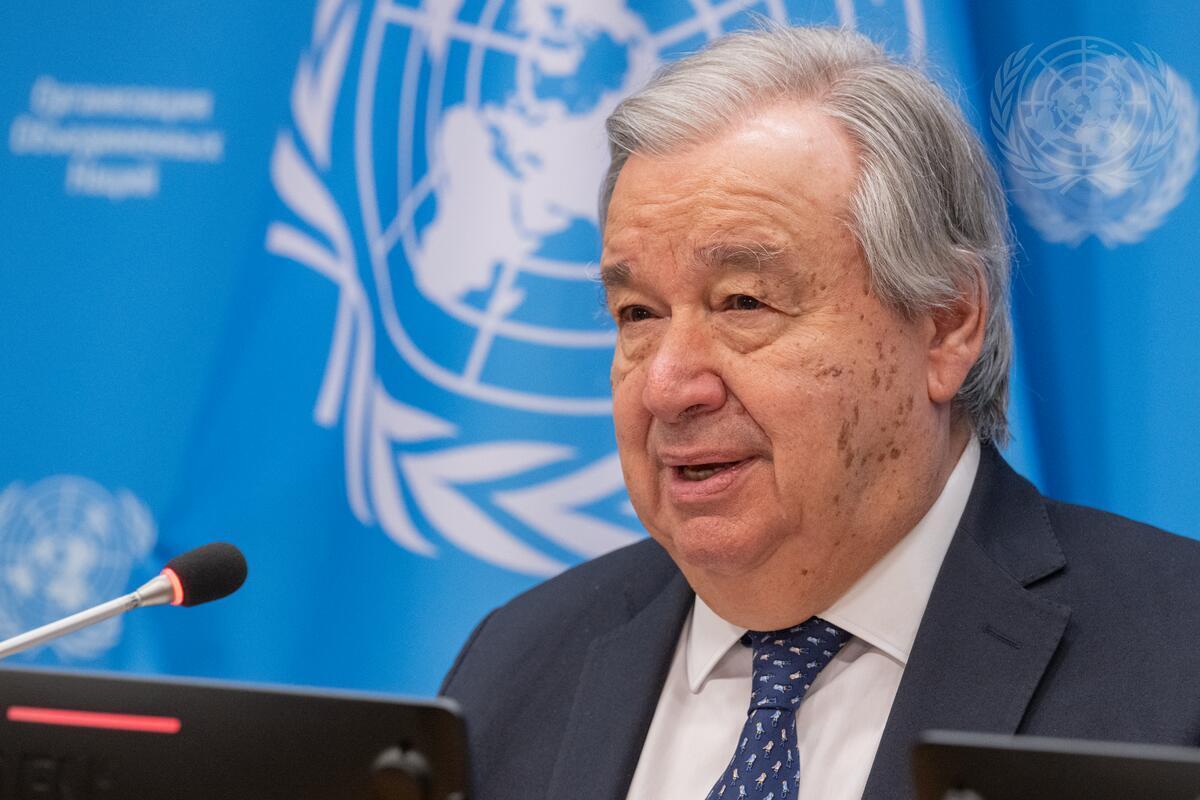Press Release
UN Report: Urgent need to resolve the PA’s Fiscal Crisis and Support the fragile Palestinian Economy; Gaza’s Health System faces serious challenges
Monday, 23 September 2019, Jerusalem – A newly published United Nations report highlighted the urgency to resolve the continuing fiscal crisis faced by the Palestinian Authority (PA) and to support the Palestinian economy. It also called for increased attention on Gaza’s health system, which faces serious challenges However, the report stressed that no amount of humanitarian and economic support can substitute a negotiated two-state solution, which is the only way to meet the legitimate aspirations and security needs of both Israelis and Palestinians.
The report, issued by the office of the United Nations Special Coordinator for the Middle East Peace Process (UNSCO) for the upcoming bi-annual meeting of the Ad Hoc Liaison Committee (AHLC) in New York on 26 September 2019, warned of the increased risk of violence and instability in the West Bank as a result of the increasingly fragile Palestinian economy.
United Nations Special Coordinator for the Middle East Peace Process, Nickolay Mladenov urged the Parties to take concrete steps to support the Palestinian economy. These include finding a permanent solution to the fiscal crisis and the dispute over Israel’s deductions of Palestinian tax revenue; finding ways to reduce trade barriers for Palestinian businesses and connect Gaza and West Bank markets. Moreover, he reiterated the importance of continuing to work with the international community to bolster the ongoing UN and Egyptian effort to prevent renewed conflict in Gaza and for support to the AHLC package of urgent humanitarian and economic interventions for Gaza.
Of particular concern, the report noted, is the evolving health crisis in Gaza caused by limited electricity supply to healthcare centres and hospitals, dual-use restrictions on medical equipment and a shortage of medicines and disposables. “Gaza’s health sector continues to face serious challenges,” the report warned. “In order to better target humanitarian assistance, the United Nations has developed a monitoring system to better understand which drugs are most critically needed and where they are required.” The report called for the Palestinian Ministry of Health’s full cooperation with this effort.
“To move away from humanitarian assistance, fundamental improvements to health care infrastructure, including increased electricity supply, access to clean water, upgrading of medical equipment and establishing a transparent and effective supply chain for medicines and other essential goods are key,” the report added.
In conclusion, the report stressed the urgent need to resolve the PA’s fiscal crisis and the disagreement over Israel’s deductions from tax revenues collected on behalf of the PA. It reiterated the UN’s firm commitment to continue working with the members of the AHLC and other stakeholders to find a solution to the current crises. In parallel, there must be a focus on addressing the political challenge of intra-Palestinian reconciliation, sustained investment by the international community, a significant relaxation of Israeli movement and access restrictions and a renewed commitment by the Palestinian Government to facilitate assistance in Gaza.
Note to Editors: The Ad Hoc Liaison Committee (AHLC) serves as the principal policy-level coordination mechanism for development assistance to the oPt. The AHLC is chaired by Norway and co-sponsored by the EU and the US. In addition, the United Nations participates together with the World Bank and the International Monetary Fund (IMF). The AHLC seeks to promote dialogue between donors, the Palestinian Authority and the Government of Israel. The full report to the AHLC prepared by the Office of the United Nations Special Coordinator for the Middle East Peace Process is attached to this release and includes an executive summary of its main conclusions.





